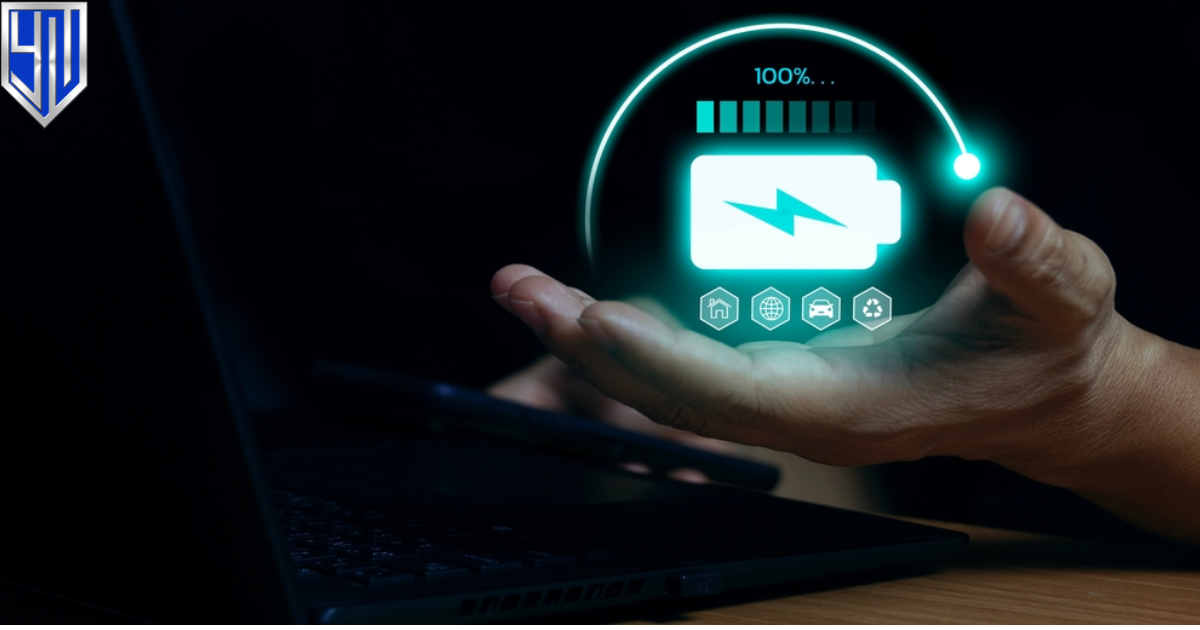In the realm of renewable energy and grid stability, Battery Energy Storage Systems (BESS) play a pivotal role. Among the various types of batteries used in BESS, lithium-ion batteries have emerged as frontrunners due to their superior performance, efficiency, and versatility.
Understanding Battery Energy Storage Systems (BESS)
Before delving into the specifics of lithium-ion batteries, it’s essential to grasp the concept of BESS. These systems are designed to store energy from renewable sources like solar and wind, allowing for smooth integration into the electrical grid. They provide crucial functions such as peak shaving, load leveling, and enhancing grid stability by storing excess energy during periods of low demand for later use.
The Rise of Lithium-ion Batteries in BESS
Lithium-ion batteries have revolutionized BESS for several compelling reasons:
- High Energy Density: Lithium-ion batteries offer high energy density, meaning they can store a large amount of energy in a relatively compact size. This characteristic makes them ideal for both residential and utility-scale BESS applications where space is a consideration.
- Efficiency and Performance: Compared to traditional lead-acid batteries, lithium-ion batteries boast higher efficiency levels and superior performance metrics. They can charge and discharge rapidly, making them suitable for applications requiring frequent cycling.
- Longevity and Lifecycle Cost: Lithium-ion batteries typically have longer lifespans and lower lifecycle costs compared to other battery chemistries. This durability translates into reduced maintenance and replacement costs over the system’s lifetime.
Comparative Performance Analysis
When evaluating lithium-ion batteries for BESS, several key performance metrics come into play:
- Cycle Life: Lithium-ion batteries exhibit a longer cycle life, capable of enduring thousands of charge-discharge cycles without significant degradation. This longevity ensures reliable performance and prolonged operational lifespan.
- Charging Efficiency: They have high charging efficiency, typically exceeding 90%, which minimizes energy loss during charging and maximizes the amount of energy available for use.
- Energy Density: The high energy density of lithium-ion batteries allows for more energy storage capacity per unit volume or weight, optimizing space utilization in BESS installations.
Technological Advancements and Innovation
The landscape of lithium-ion battery technology is continuously evolving:
- Materials and Chemistry: Advances in battery materials and chemistry enhance energy storage capacity, efficiency, and safety.
- Smart Battery Management Systems (BMS): Integration of intelligent BMS improves battery performance, monitors health, and ensures optimal operation under varying conditions.
- Safety and Sustainability: Ongoing research focuses on enhancing battery safety features and recycling capabilities to minimize environmental impact and maximize resource efficiency.
Future Outlook
Looking ahead, the future of lithium-ion batteries in BESS appears promising:
- Integration with Renewable Energy: As renewable energy adoption grows, lithium-ion batteries will play a crucial role in stabilizing intermittent power generation from sources like solar and wind.
- Grid Modernization: BESS equipped with lithium-ion batteries will facilitate grid modernization efforts by providing flexibility, resilience, and reliability in energy supply and demand management.
Conclusion
In conclusion, lithium-ion batteries stand at the forefront of BESS technology, driving innovation and efficiency in energy storage solutions. Their superior performance metrics, coupled with ongoing technological advancements, position them as indispensable components in achieving a sustainable and resilient energy future.
Ready to harness the power of lithium-ion batteries for your BESS needs? Contact us today to explore cutting-edge solutions that enhance energy efficiency and reliability. Yukinova offers reliable lithium-ion batteries for BESS, two wheelers and three wheelers. Together, let’s build a greener tomorrow with lithium-ion technology.

